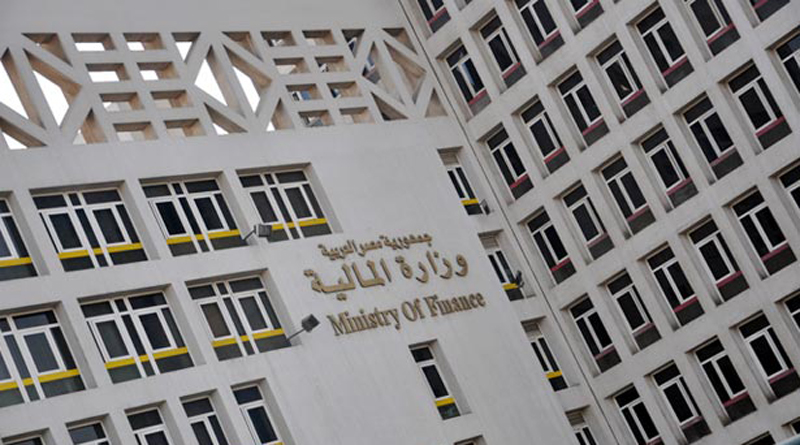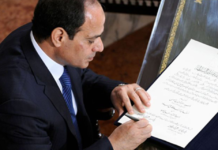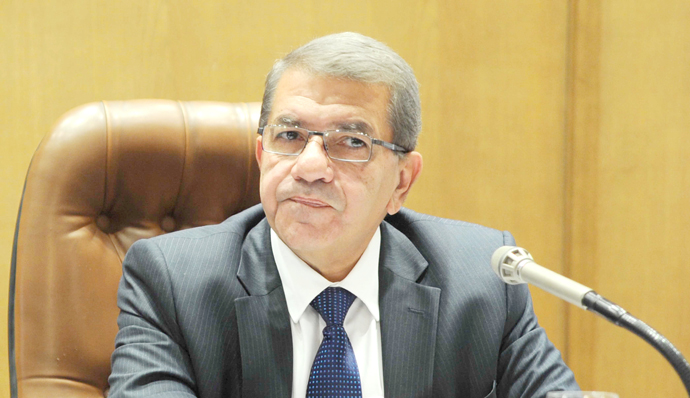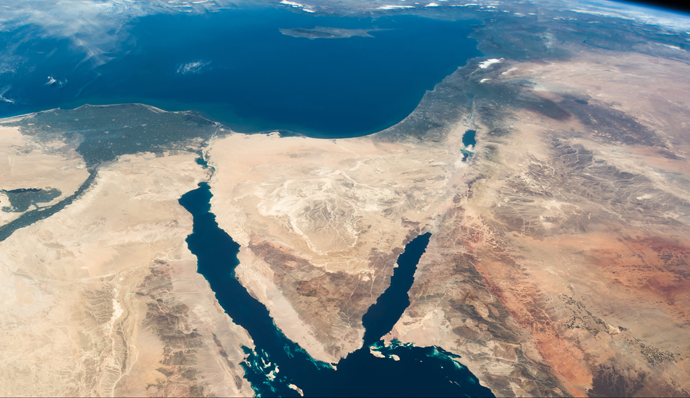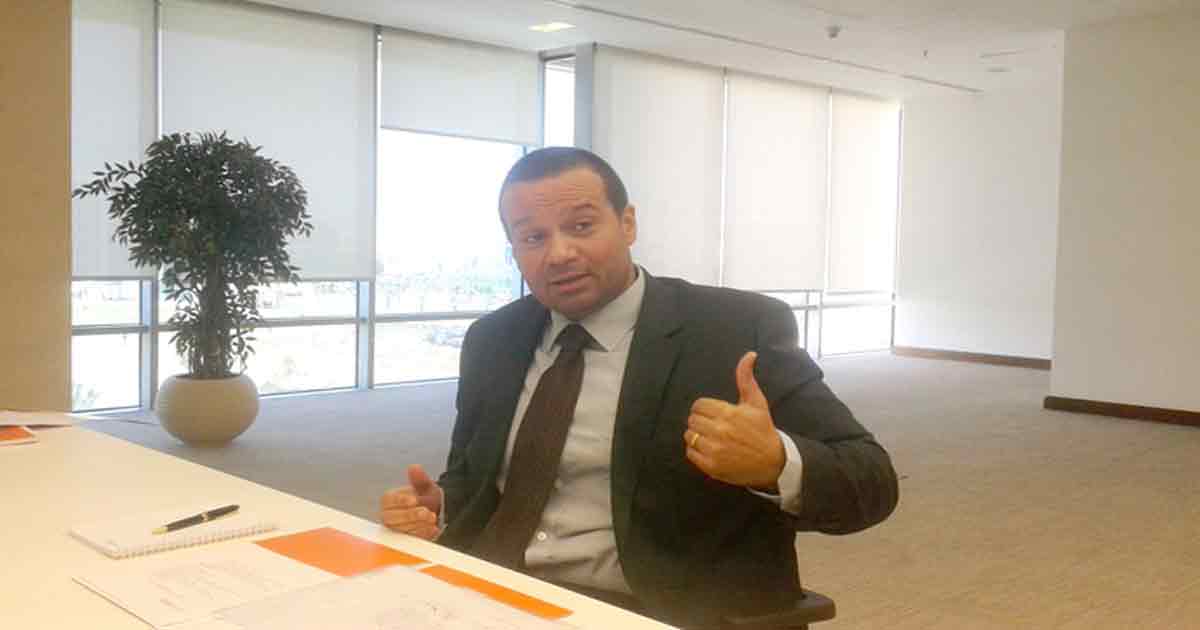by Prof. Ali Massoud

is the Head of the Economic department, Sohag University
The Egyptian government is facing a challenge in financing the implementation of a comprehensive development plan for the country. Given the shortage in domestic sources of finance, foreign investments have to be seriously considered. In order to benefit from foreign investments, the government has to build a clear strategy for what type of foreign investments should be encouraged? How can we attract them? How can we engage them within the overall economic development plan? In this article, I will suggest three axes that should help in mobilising foreign investments and making the best use of them.
First, regarding the type of foreign investments that the government should encourage, I argue that Foreign Direct Investments (FDIs) should be a priority because they are not only sources of finance, but they are also a tool for technological transfer and human and managerial development stimulators. Even within the FDIs, I argue that the best form of FDI that fits the Egyptian case is the Greenfield FDI (which is a form of Foreign Direct Investment whereby a parent company starts a new venture in a foreign country by constructing new operational facilities from the ground up. In addition to building new facilities, most parent companies also create new long-term jobs in the foreign country by hiring new employees) because Mergers and Acquisitions forms of FDI proved to have little impact on capital formation Egypt.
Second, how can we attract foreign investments to Egypt? Studies prove that foreign investment flows into Egypt are mostly affected by the pull factors, mainly economic policies and political stability. This means that without adopting sound macro and micro economic policies and achieving a minimum level of political stability, Egypt may not be an attractive destination for foreign investments.
Third, in order to engage foreign investments successfully in the developmental plan, the government must: improve the business environment; stabilise the Egyptian economy, especially the foreign exchange market and inflation rates; connect technical education with the needs of the foreign firms from the labour force; and make information and data available regarding business opportunities in Egypt.
Finally, we should remember that tax incentives are not enough to attract foreign investors to Egypt. In the coming articles, I will discuss the above elements in more details.
*The writer is the Head of the Economics Department, Sohag University


